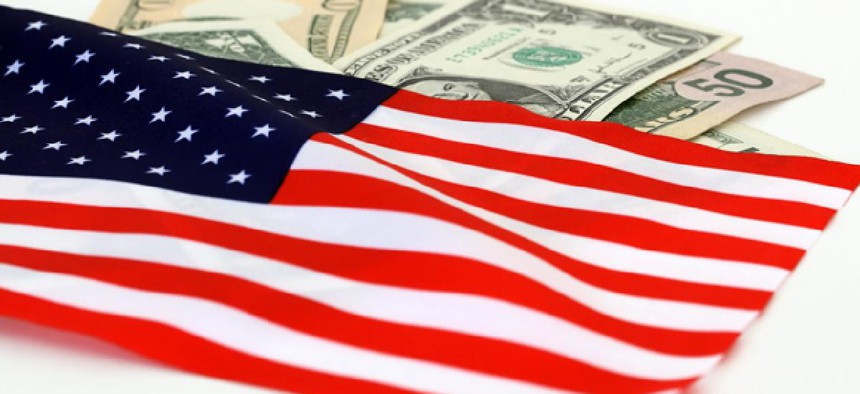
Thinkstock
Are feds really free to make campaign contributions?
Yes, analysts say amid debate over potentially politicized Congressional Research Service report.
Last week’s dust-up over a Congressional Research Service analysis of the economic impact of tax cuts has thrown a light on the issue of whether government employees really are free to make campaign contributions.
Thomas Hungerford, a CRS public finance specialist, wrote a technical report released in September titled “Taxes and the Economy: An Economic Analysis of the Top Tax Rates Since 1945.”
Congressional Republicans objected to his conclusion that cutting taxes does little to spur economic growth, his methodology and a tone they considered politicized. CRS leaders agreed to withdraw the study.
But in the nontechnical political debate that followed, conservative critics of Hungerford’s work -- which layers of CRS superiors reviewed -- zeroed in on the fact that he has donated at least $5,000 during this election cycle to President Obama’s campaign, the Democratic National Committee and the two congressional Democratic campaign committees.
Government Executive’s inquiries to CRS, the congressional ethics panels, the Office of Government Ethics and the Office of Special Counsel produced a consensus that Hungerford’s campaign gifts are within his rights and that he faces no retaliation.
According to Gayle Osterberg, communications director for CRS’ parent, the Library of Congress, “under library regulations, employees are allowed to make financial contributions to a political party or organization. The Library of Congress is part of the legislative branch of the U.S. government; the legislative branch is not subject to the Hatch Act. However, it is noteworthy that even executive branch employees covered by the Hatch Act are able to make political contributions.”







